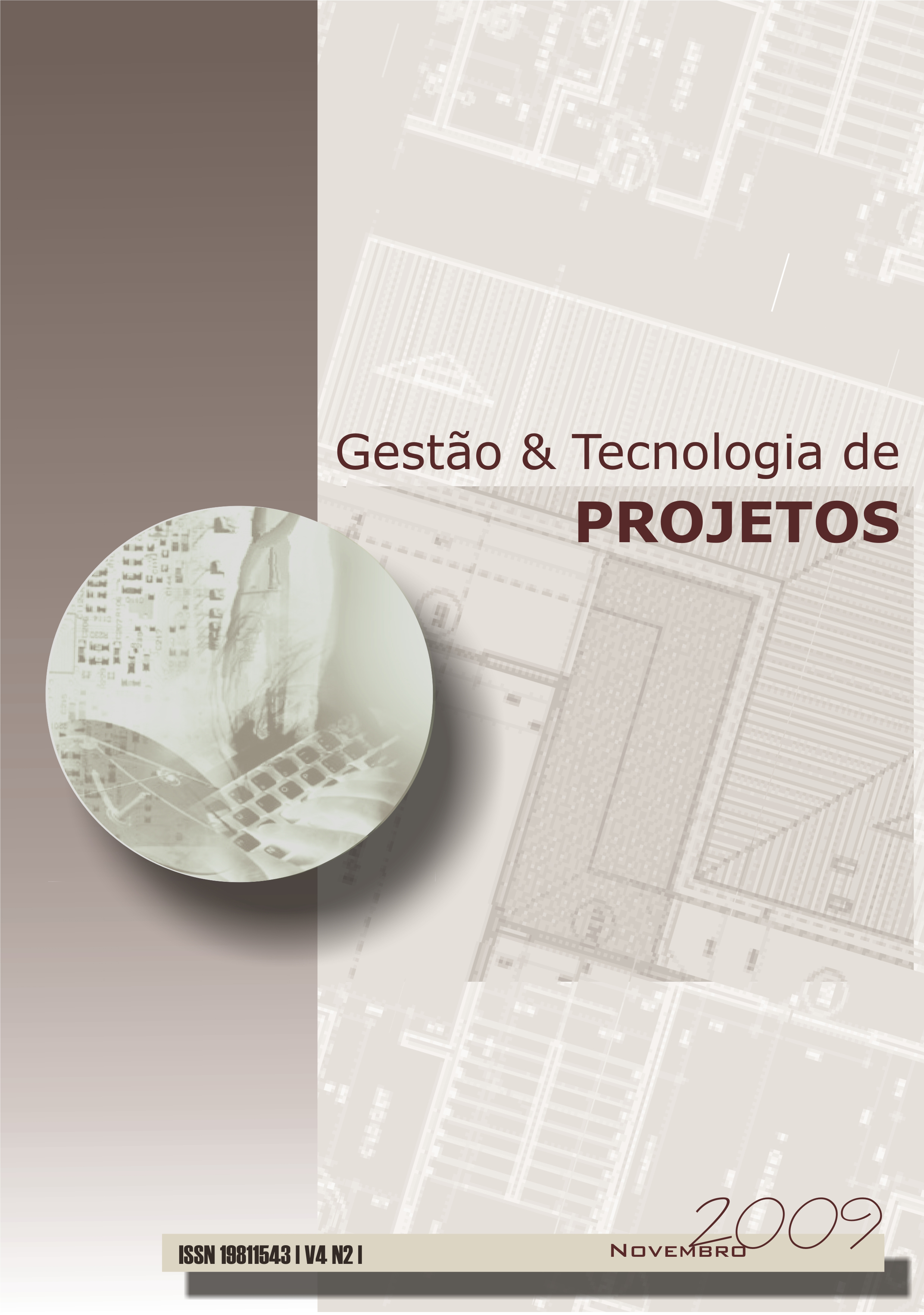Impact of a Fragmented Regulatory Environment on Sustainable Urban Development Design Management
DOI:
https://doi.org/10.4237/gtp.v4i2.133Abstract
The building project development approval process is increasingly complex and fraught with conflict due to the rise of the sustainable urban development movement and inclusive decision making. Coupled with this, government decision-making decentralization has resulted in a fragmented and over-regulated compliance system. Problems arising from the process include wasted resources, excessive time delays, increased holding and litigation costs, inadequate planning coordination, high levels of advocacy costs and a divisive politicized approval process. In Australia, despite attempts by government and industry associations, numerous problems are still unresolved. Design managers increasingly assume a liaison role during the approval phase. There is a long tradition of planning theory literature which provides context for understanding the knowledge-power-participation relationship for this paper. This study investigated the policy, process and practice conflicts during the approval stage in achieving sustainable urban developments. Three regional local government areas within one state jurisdiction and observations from detailed structured focus group interviews involving 23 stakeholders, proposers and assessors were analysed to explore this conflictual environment. As a result of regulatory fragmentation and excessive consultation, various persuasion tactics have been developed by all stakeholders of which `reciprocity' and `authority' were identified as the most common. Two challenges for design managers were thus identified: first, the emergence of the role of a by default central informal arbitrator across conflicting planning instruments; and, second, as a navigator through a set of persuasion tactics. An inclusive knowledge-based design management framework for sustainable urban development is proposed considering Habermas' communicative planning theory, Foucaltian governance and discursive powers thesis and Cialdini's persuasion theory, as well as being grounded in the key empirical results from this study, using various types and sources of knowledge as an authoritative persuasion tactic. Published in the Journal AEDM Volume 5, Numbers 1-2, 2009 , pp. 5-23(19)Downloads
Download data is not yet available.
Published
2009-12-15
Issue
Section
Selected abstracts from AEDM
License
Copyright Notice
Authors who publish in this journal agree to the following terms:
- Authors retain the copyright and grant the journal the right of first publication, with the article simultaneously licensed under the Creative Commons Attribution License BY NC ND, which allows the sharing of article with acknowledgment of authorship and initial publication in this journal.
- Authors are authorized to take additional contracts separately, for non-exclusive distribution of version of the article published in this journal (e.g. publish in institutional repository or as a book chapter), with acknowledgment of authorship and initial publication in this journal.
- Authors are allowed and encouraged to publish and distribute their research work online (e.g. in institutional repositories or on their personal page) at any point before or during the editorial process, as this can generate productive changes, as well as increase the impact and the citation of published article (See O Efeito do Acesso Livre).
How to Cite
LONDON, Kerry Anne; CADMAN, Katie. Impact of a Fragmented Regulatory Environment on Sustainable Urban Development Design Management. Gestão & Tecnologia de Projetos (Design Management and Technology), São Carlos, v. 4, n. 2, p. p.139–139, 2009. DOI: 10.4237/gtp.v4i2.133. Disponível em: https://revistas.usp.br/gestaodeprojetos/article/view/50962.. Acesso em: 5 jan. 2026.



